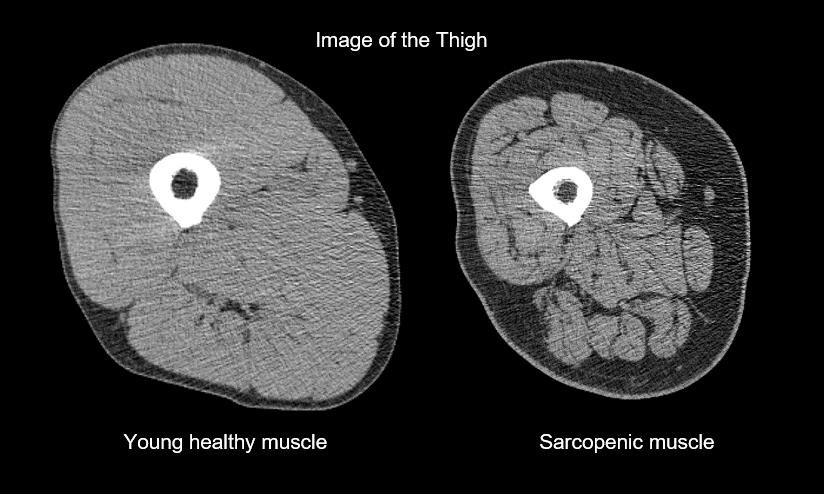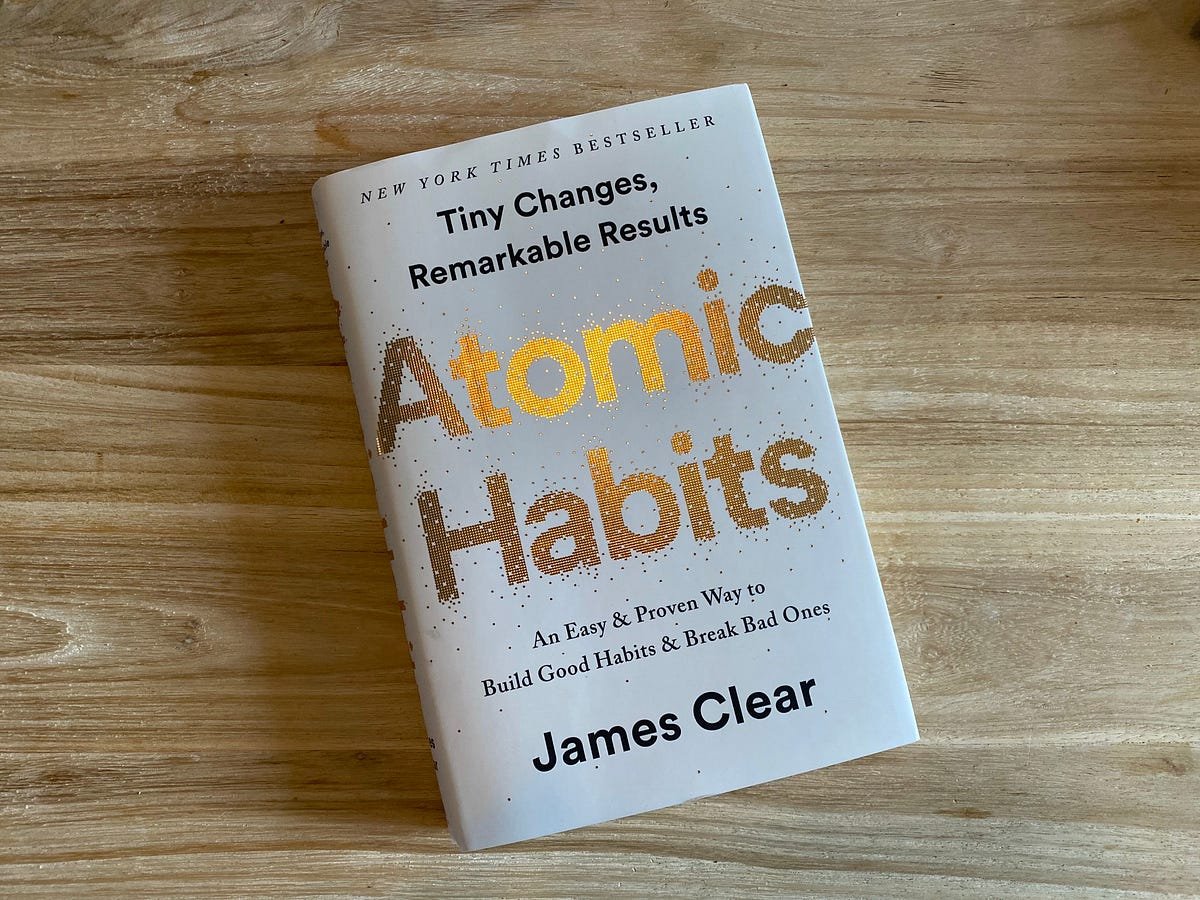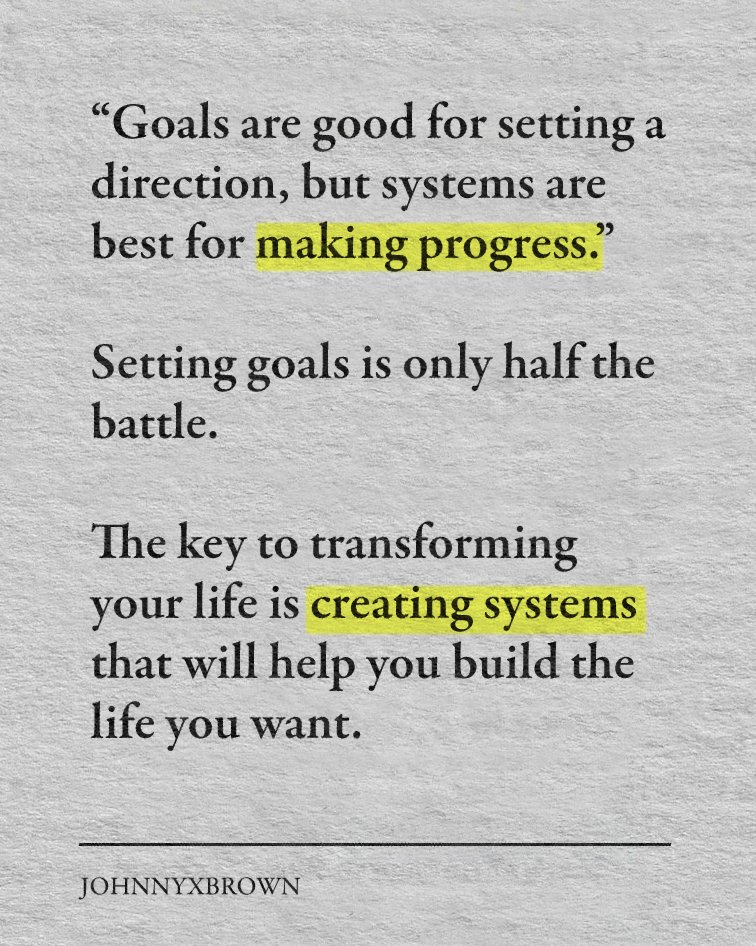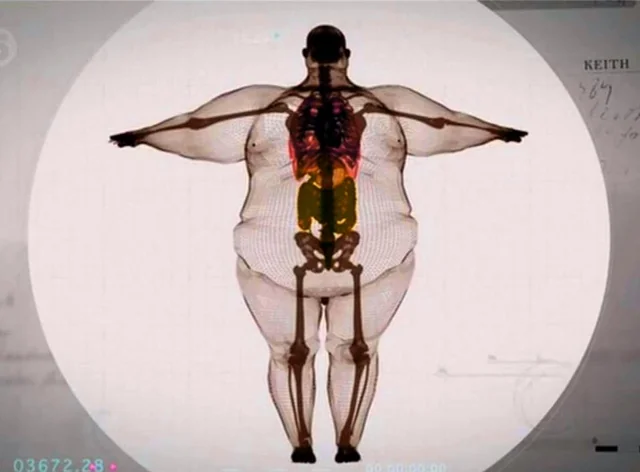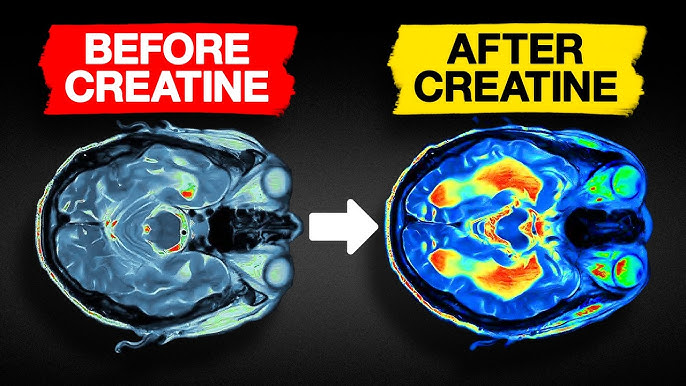Most people are missing out on Vitamin D’s full benefits.
And it’s quietly harming their hormones, immunity, and long-term health.
Here’s how to take it correctly for maximum results:
And it’s quietly harming their hormones, immunity, and long-term health.
Here’s how to take it correctly for maximum results:
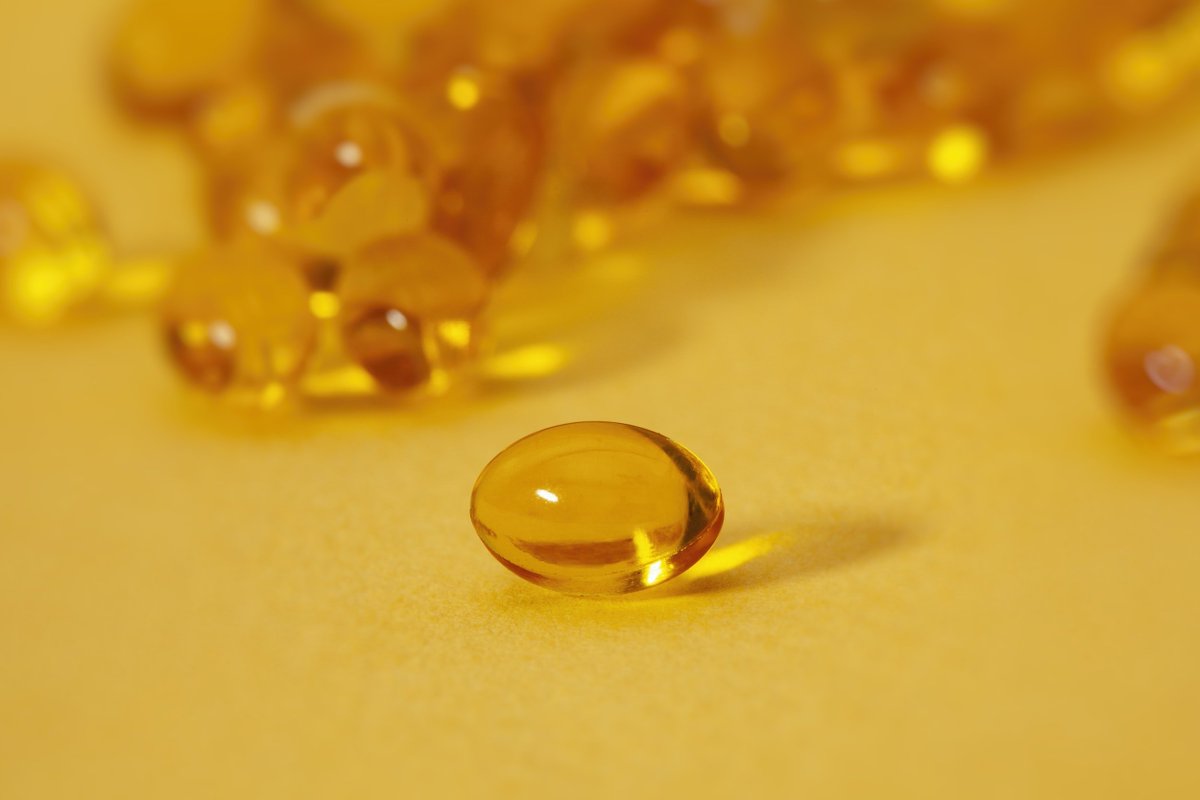
1. Pair Vitamin D with Magnesium
Magnesium activates Vitamin D, and your body can't use Vitamin D without it.
Without magnesium supplementation, your D3 supplement is essentially ineffective.
Magnesium activates Vitamin D, and your body can't use Vitamin D without it.
Without magnesium supplementation, your D3 supplement is essentially ineffective.
Most people need 300–400mg of magnesium daily.
Look for forms like glycinate, malate, or citrate, as they are easier for your body to absorb.
You can also boost your intake with magnesium-rich foods such as spinach, almonds, avocado, and dark chocolate.
Look for forms like glycinate, malate, or citrate, as they are easier for your body to absorb.
You can also boost your intake with magnesium-rich foods such as spinach, almonds, avocado, and dark chocolate.
2. Replace the Zinc You're Depleting
Vitamin D boosts metabolic and immune activity, both of which depend heavily on zinc to function.
Supplementing with Vitamin D increases your body’s zinc demands.
If you don’t increase your zinc intake to compensate, you may create a deficiency.
Vitamin D boosts metabolic and immune activity, both of which depend heavily on zinc to function.
Supplementing with Vitamin D increases your body’s zinc demands.
If you don’t increase your zinc intake to compensate, you may create a deficiency.
15–30mg of zinc per day is a healthy target for most people.
Picolinate or citrate forms tend to be absorbed better by the body.
Some of my favorite natural sources are:
• Eggs
• Shellfish
• Red meat
• Pumpkin seeds
Picolinate or citrate forms tend to be absorbed better by the body.
Some of my favorite natural sources are:
• Eggs
• Shellfish
• Red meat
• Pumpkin seeds
3. Control Where Your Calcium Goes
Vitamin D helps your body absorb calcium into the bloodstream, but without Vitamin K2, that calcium can end up in soft tissues (like your arteries) instead of your bones.
Vitamin K2 activates the proteins that help regulate calcium and ensure it stays in the right places.
Vitamin D helps your body absorb calcium into the bloodstream, but without Vitamin K2, that calcium can end up in soft tissues (like your arteries) instead of your bones.
Vitamin K2 activates the proteins that help regulate calcium and ensure it stays in the right places.
For every 5,000 IU of D3, aim for 100–200 mcg of K2.
Look for D3 supplements that also include K2 to simplify your supplementation.
For optimal results, choose supplements with MK-7, the most bioavailable form of K2.
These supplements ensure proper dosing for you.
Look for D3 supplements that also include K2 to simplify your supplementation.
For optimal results, choose supplements with MK-7, the most bioavailable form of K2.
These supplements ensure proper dosing for you.
4. Balance Your Intake with Vitamin A
Vitamins D and A work together to regulate your immune system.
Too much D3 without enough Vitamin A can throw things off balance.
For most people, this imbalance may result in fatigue, weakened immune function, or skin issues.
Vitamins D and A work together to regulate your immune system.
Too much D3 without enough Vitamin A can throw things off balance.
For most people, this imbalance may result in fatigue, weakened immune function, or skin issues.
Vitamin A from retinol (not beta-carotene) is what you want.
Eating liver once or twice a week will do the trick.
If that’s a hard “no” for you, cod liver oil or a low-dose retinol supplement are good backups.
As always, I recommend eating more eggs to round things out.
Eating liver once or twice a week will do the trick.
If that’s a hard “no” for you, cod liver oil or a low-dose retinol supplement are good backups.
As always, I recommend eating more eggs to round things out.
5. Get Real Sun
Vitamin D isn’t just something you get from supplements—it's a hormone your body produces from UVB light.
Without sunlight, your body can’t synthesize Vitamin D.
You weren’t meant to stay indoors all the time.
Step outside and get your Vitamin D the way nature intended.
Vitamin D isn’t just something you get from supplements—it's a hormone your body produces from UVB light.
Without sunlight, your body can’t synthesize Vitamin D.
You weren’t meant to stay indoors all the time.
Step outside and get your Vitamin D the way nature intended.
6. Avoid Low-Quality Supplements
If your D3 costs $6 for a 300+ pill bottle, it’s likely not worth your money.
Look for:
- D3 combined with K2 for optimal absorption
- Cholecalciferol (D3), not D2, for better effectiveness
- Supplements from reputable brands that don’t cut corners on quality
Choosing high-quality supplements ensures you’re getting the full benefits.
If your D3 costs $6 for a 300+ pill bottle, it’s likely not worth your money.
Look for:
- D3 combined with K2 for optimal absorption
- Cholecalciferol (D3), not D2, for better effectiveness
- Supplements from reputable brands that don’t cut corners on quality
Choosing high-quality supplements ensures you’re getting the full benefits.
I personally recommend Legion’s Vitamin D+K.
It’s high-quality, clinically dosed, and made with ingredients you can trust.
This is what I take every day.
Get 20% off + free shipping using code JXB:
legionathletics.com/products/suppl…
It’s high-quality, clinically dosed, and made with ingredients you can trust.
This is what I take every day.
Get 20% off + free shipping using code JXB:
legionathletics.com/products/suppl…
You don’t fix your health by isolating one nutrient.
You fix it by understanding how your system works and feeding it what it needs.
Use these insights to give your body balance and support so it can thrive.
You fix it by understanding how your system works and feeding it what it needs.
Use these insights to give your body balance and support so it can thrive.
Thanks for taking the time to read this thread!
For more insights on how to optimize your health, habits, and performance, follow me @johnnyxbrown!
If you found this helpful, please share it with your friends. 👇
For more insights on how to optimize your health, habits, and performance, follow me @johnnyxbrown!
If you found this helpful, please share it with your friends. 👇
https://x.com/johnnyxbrown/status/1908485874188222972
• • •
Missing some Tweet in this thread? You can try to
force a refresh


